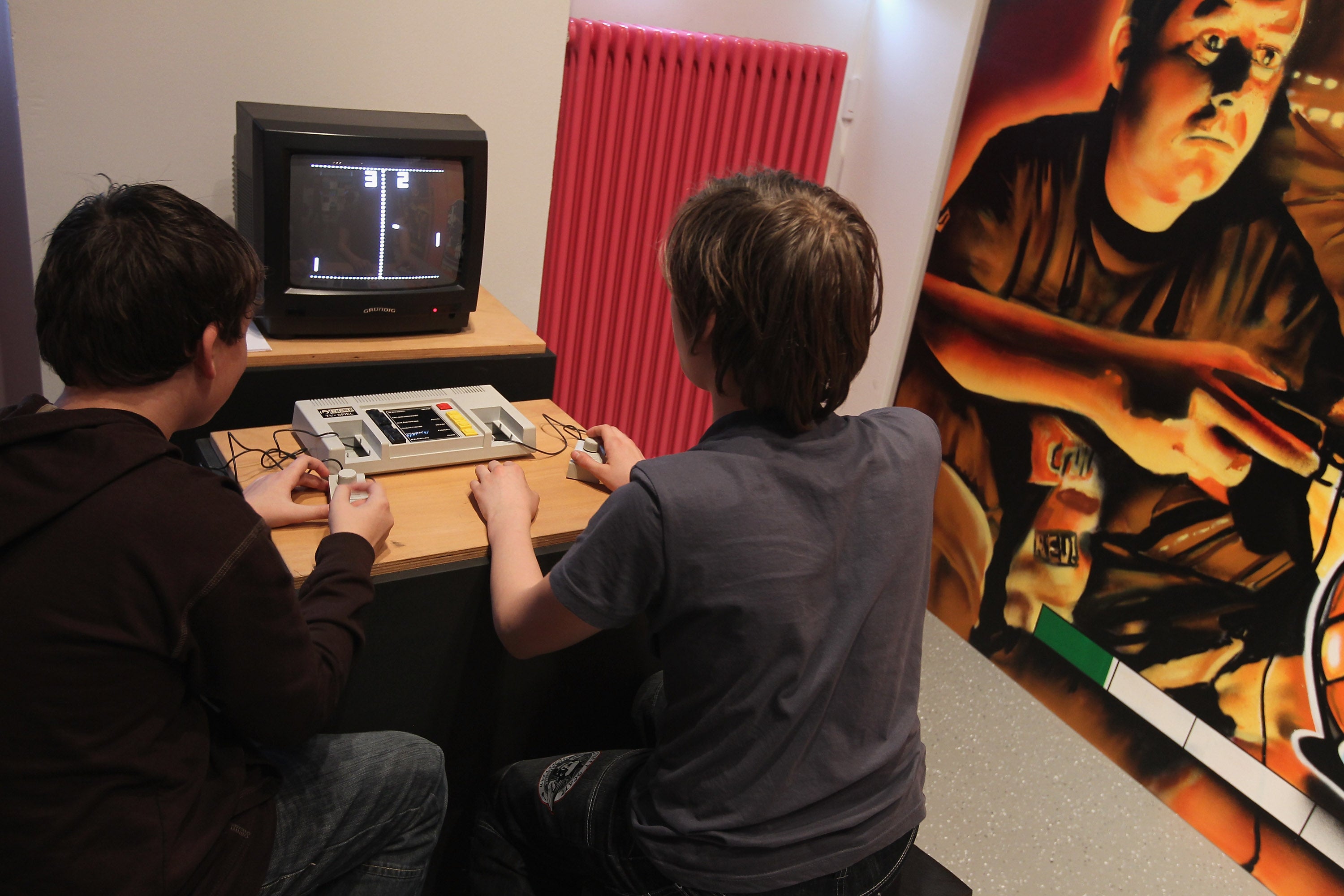‘Blob’ of material is able to learn like a living thing, scientists say
‘Our research shows that even very simple materials can exhibit complex, adaptive behaviours typically associated with living systems or sophisticated AI,’ scientist says

Scientists have taught a piece of material to play the game Pong, they say, in a major breakthrough.
A simple hydrogel – a soft, flexible material – was able to play the game and learn so that it improved over time, researchers say.
It could represent a major change in the way we use and understand seemingly inert materials and objects.
“Our research shows that even very simple materials can exhibit complex, adaptive behaviours typically associated with living systems or sophisticated AI,” said Yoshikatsu Hayashi, from the University of Reading, who led the work.
“This opens up exciting possibilities for developing new types of ‘smart’ materials that can learn and adapt to their environment.”
Researchers believe that the learning effect comes from the movement of charged particles in the hydrogel. They change in response to electrical stimulation, which allows them to keep a kind of memory.
“Ionic hydrogels can achieve the same kind of memory mechanics as more complex neural networks,” said first author Vincent Strong, a robotics engineer from the University of Reading. “We showed that hydrogels are not only able to play Pong, they can actually get better at it over time.”
Scientists have previously found that brain cells, placed in a dish, were also able to learn to play Pong when taught by being electrically stimulated in a way that gave them feedback.
The new research suggests that those same feedback loops can work in a similar way in an artificial system.
They suggest that effect could be exploited to build new kinds of AI systems. Artificial intelligence works in a way inspired by the mechanisms of the brain – and so engineers may be able to harness that new kind of “intelligence” in apparently simply systems such as the hydrogel.
Scientists hope to further examine the effect with a view to understanding how that memory mechanism actually works and whether the material would be able to do other tasks.
A paper describing the work, ‘Electro-Active Polymer Hydrogels Exhibit Emergent Memory When Embodied in a Simulated Game-Environment’, is published in the journal Cell Reports Physical Science.
The team behind it recently published another paper in which they showed how a different hydrogel material could be made to beat in rhythm with a pacemaker. That was the first time it had been done with something other than a living cell.
Join our commenting forum
Join thought-provoking conversations, follow other Independent readers and see their replies
Comments
Bookmark popover
Removed from bookmarks